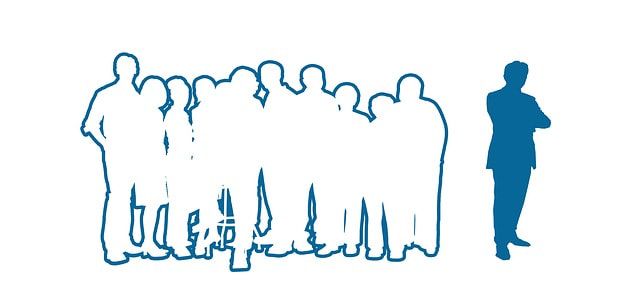|
To establish this, two researchers first conducted a correlational study, asking 119 participants to write about a recent unpleansant event involving an interaction with a close friend. Then, they asked the subjects to rate the degree to which they experienced different emotions, including exclusion, and gave them the Meaning of Life questionnaire. This 10-item tool is designed to measure two dimensions of meaning in life: (1) Presence of Meaning (how much respondents feel their lives have meaning), and (2) Search for Meaning (how much respondents strive to find meaning and understanding in their lives). Finally, participants were asked to evaluate three conspirational beliefs (about pharmaceutical companies, the gov’t, andf the Bermuda triangle.)
Results showed a relationship between feelings of exclusion anf conspirational beliefs, which was reinforced by the subjects’ search for meaning in life. In a second study, the researchers replicated these results experimentally on 102 Princeton students. In groups of three, the participants were asked to write a short paragraph about themselves, and then led to believe that this information had led the other two to select or reject them as partner for a collaborative task. In reality, the allocation to these two conditions was random. Just like in the first study, the subjects were then asked about their emotions and given the Meaning of Life questionnaire. This time, however they were asked about 3 hypothetical scenarios, and had to evaluate the degree of conspiration between the individuals involved. Again, feelings of exclusion had some influence on conspirational beliefs--and influence that was strengthened by meaning-making tendencies. Source: Graeupner and Coman (2017)
0 Comments
Your comment will be posted after it is approved.
Leave a Reply. |
|
Proudly powered by Weebly

